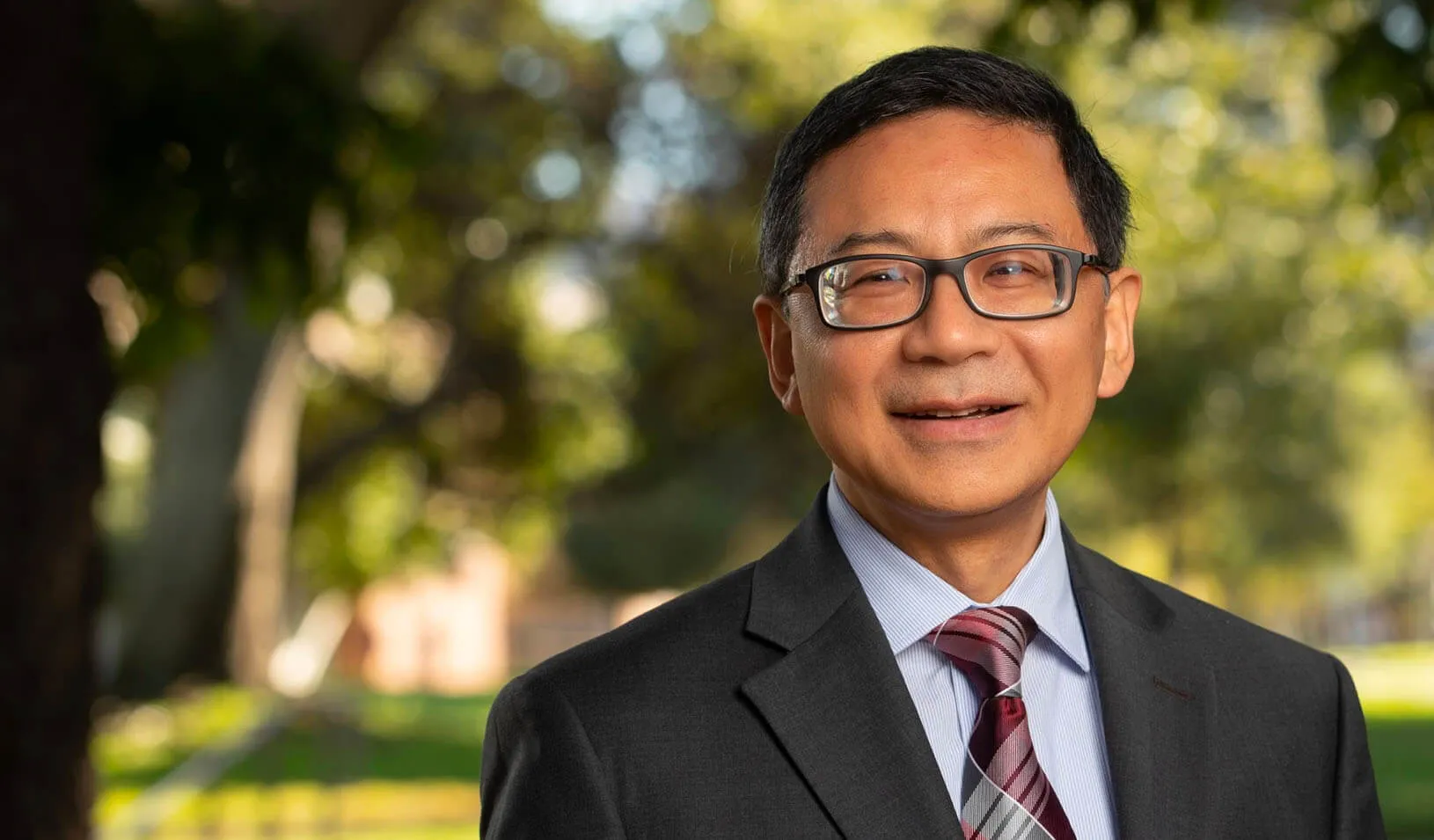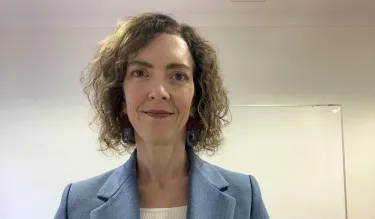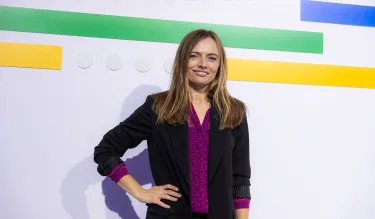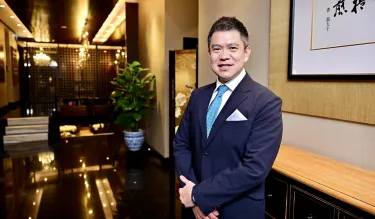A Chief Information Officer Seeks Strategies for Optimizing Troves of Medical Data in a Post-Covid World
A conversation with Simon Linwood about his experience in the Big Data, Strategic Decisions: Analysis to Action program
April 12, 2023

As CMIO of UCR Health and CIO of UCR School of Medicine in Riverside, California, Simon Linwood oversees massive amounts of healthcare data, a volume that has increased even more following the Covid pandemic. Linwood attended Big Data, Strategic Decisions: Analysis to Action (DATA) eager to learn data optimization strategies as well as tips for building a data-driven culture within his organization.
You’ve seen a tremendous increase in data collected since Covid. Why is that?
We’ve had a fundamental change in healthcare after Covid. The major thing is that telehealth has become a given, and there is no going back. We now collect a phenomenal amount of data. Previously, to collect data on the waiting time of patient visits, we asked an observer to watch each patient. It was a very resource-intensive process to improve the patient experience. With telehealth, because everything is computer-operated, we know the moment the patient joins a telemedicine visit, exactly when the doctor joined, and more.
Why did this increase prompt you to enroll in DATA?
We are collecting a lot of data for each and every step of the patient visit. We need to determine ways to optimize it.
That’s the reason why I wanted to take this program. The healthcare industry is not known for building an optimal customer experience. With this newly collected data at hand, my question was, “How can we put this data to good use?” … It’s about optimizing the business process or business goal. In our case, we are trying to optimize patient satisfaction, overall medical costs, and many different things.
Participants in this program spend time working with data to solve real-world problems together. What was that experience like?
I truly enjoyed it. We came together to solve a problem on a very tight time limit. Each problem was data-driven from the real world. For example, one professor gave us a problem of an Uber driver in New York state; we had to derive a corporate policy to determine the earnings of the driver, using hundreds of thousands of data points. We came up with amazing examples in two hours and had a good conversation with the professor on that particular topic.
How transferable was what you learned doing those exercises and throughout the program to the problems you are trying to address?
It’s highly transferable. In other programs, I’ve seen a gap between the examples given and their real-world application. The Stanford professors give us real-world examples with real-world, “dirty” data – data that is not perfect – and we had to learn to navigate with imperfect data. That’s more realistic. In the medical world, we have lots of imperfect data – missing data, contradicting data, imperfect data entry – so that was very useful.
One of your goals coming into this program was to learn how to build a data-driven culture throughout your enterprise. Did the program help you with that?
Yes, Professor Sarah Soule’s session on design thinking taught us to reframe our company’s AI problems in a way that engages different stakeholders to become allies who work to solve problems together. She discussed how to avoid blind spots and take potential data users on the journey with you. … I have been able to incorporate some of those principles into our daily work, and we are beginning to see some return from the program in terms of data culture, too.
Explore More Participant Spotlights
Executive Finds Benefit in Leading with Compassion -- For Herself and Others

Technology Leader Prepares for the Future of AI

Prison Service Leader Prepares for New Era of Rehabilitation for Ex-Offenders
